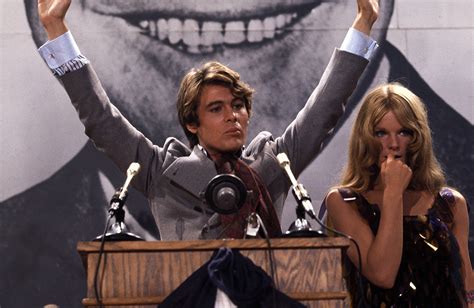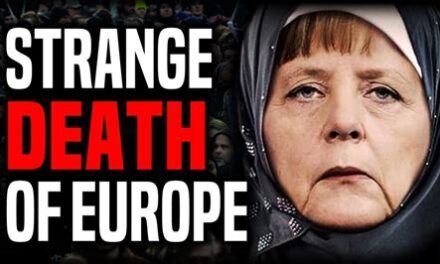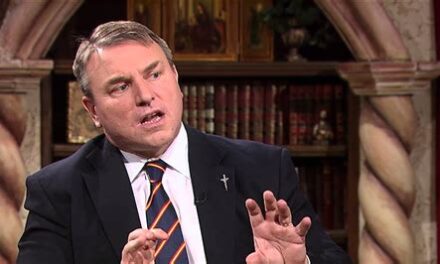Wild in the Streets may be a justly forgotten movie. I use the qualifying “may be” from the start because I’ve never seen it. Released in 1968, it starred Christopher Jones, an actor who disappeared almost as fast as he appeared. He managed to make a very minor splash in television in The Legend of Jesse James (it lasted one season) and made a bigger impression in David Lean’s Ryan’s Daughter (1970). In that film and The Looking Glass War (also 1970)—both of which I’ve seen—he had the misfortune of being surrounded by genuinely superior talent: Robert Mitchum, Leo McKern, Trevor Howard, John Mills, Anthony Hopkins and Ralph Richardson. Then, again, they may have made Jones look good. He made a few more films, appearing for the last time in Mad Dog Time (1996), and died in 2014.
Anyhow, Jones sticks in my memory for Wild in the Streets because at least two of my high-school friends were besotted with it. They probably saw it at the theater more than once and even had the soundtrack, which they played more than I can bear to remember. What’s the film’s premise? Simple. A movement, led by Max Sand (Jones), a rock-band leader and unlikely presidential candidate, inspires altogether too many people to support him. As the trailer says, “If you’re under 25, you’re in the majority. And you can run the country.”
However, the year was 1968, and many of that “majority” couldn’t vote. Sand’s doped-up worshipers and he are determined to lower the voting age by a LOT. Their motto (and a song in the movie) is “14 or Fight.” And that ain’t all. Once in power, he proposes to herd everyone over twenty-one, the legal drinking age, mind you, into concentration camps where they’ll be drugged into submission.
Wild in the Streets qualifies as B-movie fare from start to last, but it does have a creditable cast, including Hal Holbrook, Shelley Winters, and Millie Perkins. What’s disturbing about it is that three years after its release, the “responsible” voters of the non-fictional United States granted the fictional Sand almost half his wish by lowering the national voting age to eighteen. Proponents routinely argued that if a young man could be drafted to fight for his country, he should be permitted to vote as well. That must have made sense because on July 1, 1971, the twenty-sixth amendment passed, giving me the vote in time for the 1972 election, which I would have missed by ten days if the amendment had stalled or failed.
Today, at least for some, 18 simply isn’t good enough. On January 26th this year, Representative Grace Meng (D-NY) introduced legislation (H.J. res. 16) to lower the voting age to 16. On her site you’ll probably learn more about the proposal than you want to know, but here’s some of what she says:
“Over the past few years, we have seen the influence young people in our nation have on trends, political movements, and elections. They continue to advocate for many crucial issues for which they are deeply passionate about [sic]. It is time to give them a voice in our democracy and reward their passion so that their voices are heard at the ballot box. 16- and 17-year-olds are legally permitted to work, drive and they also pay federal income taxes. They are contributing members of our society and I believe it is right and fair to allow them to vote in our elections. I am proud and honored to stand by our nation’s young people in introducing this legislation and hope my colleagues in the House support it.”
That’s not all she has to say on the subject, but it sums up her proposal well enough.
Does the case stand on its supposed merits? Taking her main points one by one, I have no doubt that youths under eighteen “advocate” for all sorts of things about which they are “passionate.” So do children of just about any age group. (Giving them what they want is commonly known as “spoiling” them.) But wanting something is not the same thing as knowing whether it is good, not only for one’s self but, more importantly, one’s country.
If what I read is true, high school and middle school students’ knowledge of history, current affairs, political philosophy, and the constitution is alarmingly deficient, and it’s getting worse by the year. Many students can’t name the countries on our northern and southern borders, think World War II ended in 1960, and are not sure whom we fought. Names of foreign premiers draw blank stares. What do they know? That George Washington was a racist.
Let’s take Meng’s statement about these prospective new voters who work, drive, and pay income taxes. According to the Bureau of Labor Statistics, about 55% of young people from 16 to 24 were employed in post-COVID 2022 between April and July. That’s 45% who were not working at all. And, of course, ages 16 and 17 are likely a relatively small fraction of the total.
A site called “Zippia” reports that 30.5% of teens ages 16 to 19 had jobs in 2021, that 36.6% had summer jobs (a figure that has dropped from about 52% in the year 2000). As for teens’ driving habits, according to the AAA Foundation, drivers aged 16 and 17 are more dangerous than any other age group.
Regarding taxes, workers under age 18 paid 0.07% of taxes collected in 2011. Does anyone imagine they’re paying more now as their participation in the work force shrinks?
It would appear, then, that Meng’s proposal rests on a faulty number of assumptions. But what is to be done, as Lenin, parroting Chernyshevsky, once said? Well, if anyone out there is really itching to tinker with the voting age, I propose raising the voting age, and not to the rather generous 21-year requirement that we once had.
Our young people are so abysmally ignorant of history and civics, so poorly equipped for the world with their worthless degrees, and so generally lazy that I wouldn’t trust them with the vote until they’ve gotten a strong dose of real life, done some real work, and paid a hefty share of taxes—yes, their “fair share.”
Hiking the voting age to 25 may do the trick although I’m not completely convinced it shouldn’t be 30. Still, I find “25 or Fight” catchy, if only in homage to Max Sand. Proposing such an amendment would require an act of courage, and passing it would take a genuine, 24-karat-gold act of God Himself. But He who created the world out of nothing can, if He chooses, grant us this small favor. And may it be, Lord, may it be.














